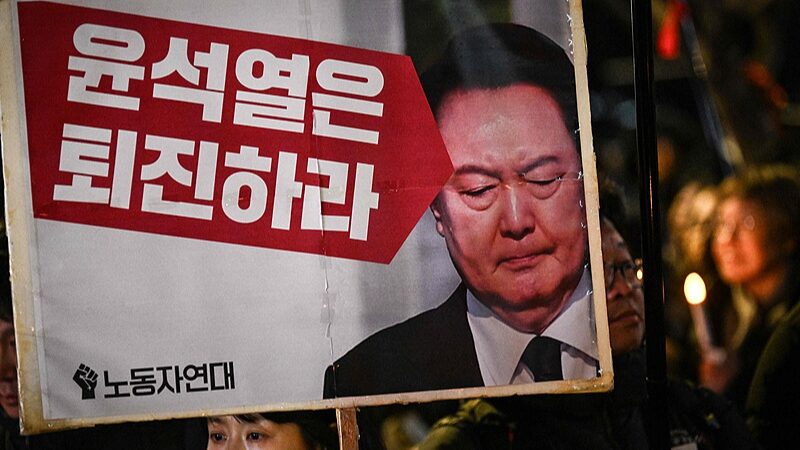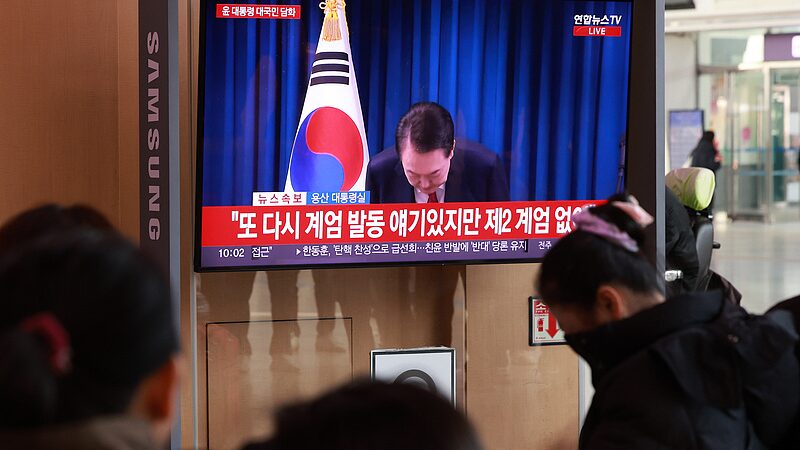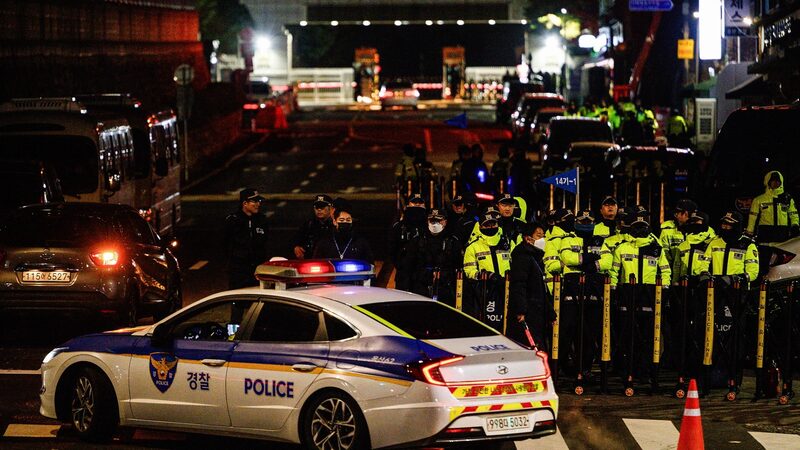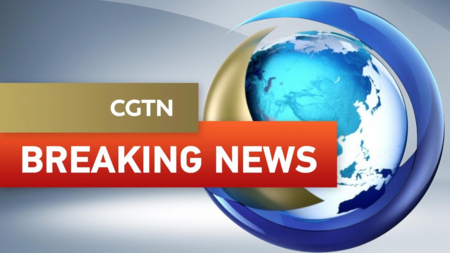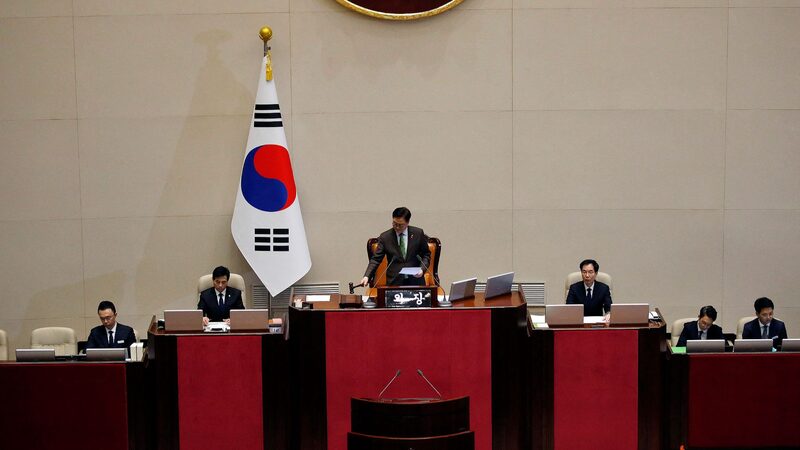South Korea's National Assembly advanced an impeachment motion against former acting President Choi Sang-mok on Wednesday, deepening the country's political turmoil following months of leadership instability. The move highlights ongoing tensions between opposition lawmakers and the administration of impeached President Yoon Suk-yeol.
Choi, who served as acting president for three months after Yoon's December impeachment, faces allegations of obstructing constitutional processes by refusing to appoint a justice to the nine-member Constitutional Court. The court currently operates with eight justices during critical deliberations about Yoon's political fate.
The impeachment motion—submitted by the Democratic Party and four smaller opposition parties—also accuses Choi of involvement in Yoon's controversial but short-lived December 2022 martial law declaration. The emergency measure, revoked hours later by parliament, marked a dramatic escalation in the country's governance crisis.
Analysts suggest the vacancy in the Constitutional Court—responsible for deciding whether to remove Yoon permanently—has delayed judicial oversight during a period of unprecedented political conflict. A ruling on Yoon's impeachment was initially expected this week.
This development follows South Korea's first-ever 'double impeachment' of both a president and prime minister last winter. The reinstated Prime Minister Han Duck-soo resumed the acting presidential role on March 24 after Choi's interim term ended.
Observers warn the prolonged leadership vacuum could impact economic policymaking and regional diplomacy. South Korea's prolonged political instability will likely interest investors monitoring Asia's fourth-largest economy.
Reference(s):
S. Korea's parliament reports impeachment motion against Choi Sang-mok
cgtn.com


